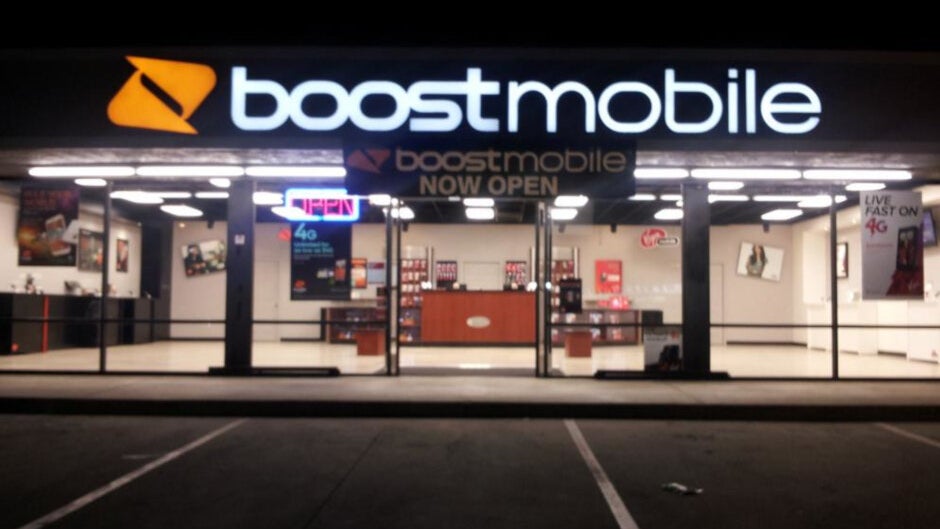AT&T tattles on 4G LTE and 5G ads from Boost and Xfinity

The National Advertising Division (NAD) recommended that Boost Mobile stop advertising that it offers unlimited 4G LTE data along with standard and high definition streaming for its 4G LTE plans. The NAD monitors national advertising in all media in the states and 0"enforces high standards of truth and accuracy, and efficiently resolves disputes to build consumer trust and support fair competition."
Boost Mobile told by the NAD to stop promoting unlimited 4G LTE streaming
AT&T complained about Boost and as a result the NAD said that Boost's unlimited claims cannot be verified because of the throttling of data speeds that Boost puts customers through after they hit monthly data limits. Boost was purchased by Dish Network as part of a deal made by T-Mobile and the FCC that allowed the carrier to buy Sprint for $26.5 billion. The hope is that Dish will eventually replace Sprint as the "fourth nationwide facilities-based network competitor. Dish has slightly more than 9 million subscribers in the U.S. and has a multi-year MVNO contract with T-Mobile. An MVNO is a Mobile Virtual Network Operator that leases the network it uses to carry calls and data. While Dish is building out its own 5G stand-alone network, it uses T-Mobile's network for its customers.


According to the BBB, Boost will stop the ads related to unlimited streaming but will appeal the NAD's ruling on unlimited data. AT&T said that Boost was wrong to advertise unlimited streaming since it would throttle data speeds from 4G LTE to 2G once a customer's monthly data cap was hit. In other words, AT&T says that because surpassing the data cap led to real repercussions (the throttling of data speeds), Boost was not really offering unlimited data. The NAD, part of the Better Business Bureau, also took issue with the use of the unlimited data phrase by pointing out that there are plenty of things that Boost subscribers could not use their phones for after being throttled to 2G. In making its decision against Boost, the NAD stated that "At 2G speeds, many of today's most commonly used applications such as social-media, e-mail with attachments, web browsing on pages with embedded pictures, videos and ads and music may not work at all or will have such significant delays as to be functionally unavailable because the delays will likely cause the applications to time out."
The NAD also took Comcast to task over advertising run by the cable firm's Xfinity Mobile over its 5G service and availability. Once again, AT&T was the tattletale passing along a complaint to the NAD. Xfinity, which has an MVNO deal with Verizon, offered 5G in only limited areas of certain cities at the time when the complaint was filed and the ad was running. That's because this was taking place when Verizon was concentrating on its high-band mmWave service which does not travel long distances. Eventually, the NAD said that Comcast had sufficiently included a disclosure about the limited availability of Xfinity's 5G coverage. But it did want Comcast to modify an ad starting Amy Pohler to make it clear that a 5G device is required in order to use 5G service. The part of the ad that contained a disclosure that said, "5G capable device required. 5G available only in parts of select cities," was in a small gray font and placed in a background with very little contrast.
While Comcast said that it would comply with NAD's demands, it also noted that "because the advertised 5G services is (sic) now broadly available nationwide, Comcast understands that disclosing the limited availability of 5G service is no longer necessary."
Follow us on Google News












Things that are NOT allowed:
To help keep our community safe and free from spam, we apply temporary limits to newly created accounts: